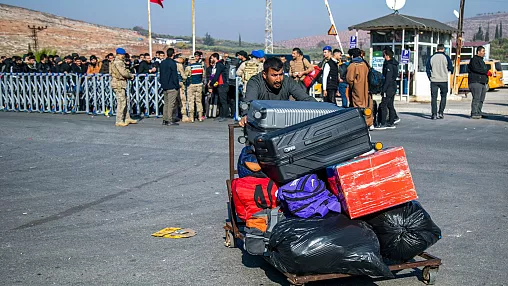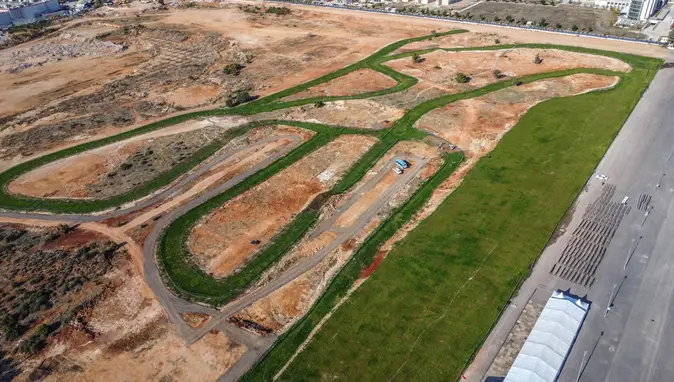In a significant shift in migration patterns, an increasing number of Syrian refugees residing in Turkey are returning to their homeland, following the fall of Syrian President Bashar al-Assad’s regime. This movement, driven by the changing political landscape in Syria, has raised questions about the future of Syrian migration and the stability of the region. Many refugees, who had fled the violence and conflict of the civil war, are now considering the possibility of returning to areas they once called home.
The Impact of Assad’s Fall on Syrian Refugees
The departure of President Bashar al-Assad from power has created a new sense of hope among Syrian refugees, many of whom had longed to return to their homeland but feared retribution under Assad’s rule. With the regime’s downfall, the political situation in Syria has shifted, and refugees are cautiously optimistic about the possibility of rebuilding their lives in a post-Assad Syria.
While the exact reasons behind the change in migration patterns are still emerging, many refugees believe that the fall of Assad’s government signals a shift towards stability and peace in parts of Syria, particularly in areas controlled by opposition forces. These regions, previously considered unsafe for return, are now seen by many as viable destinations for resettlement. For others, the hope of reuniting with family members and reclaiming properties that were left behind is a driving force behind the decision to return.
The Role of Turkey in Refugee Resettlement
Turkey has hosted millions of Syrian refugees since the onset of the Syrian Civil War in 2011. As the largest host country for Syrian refugees, Turkey has provided essential services, housing, and integration programs, offering refugees a semblance of stability and safety. However, the number of refugees seeking to return to Syria has gradually risen in recent months. According to reports from Turkish authorities, more than 100,000 Syrian refugees have already returned to Syria, a significant increase compared to previous years.
The Turkish government has expressed its support for the return of refugees but has emphasized that any return must be voluntary and safe. In recent months, Turkey has been actively involved in facilitating the repatriation process, including efforts to rebuild infrastructure in certain parts of Syria and ensure that returning refugees can live without fear of persecution.
Challenges and Concerns
Despite the optimism among some refugees, many challenges remain. Syria remains a country torn by war, with many regions still experiencing instability and violence. While some areas have seen relative calm, particularly in regions controlled by Kurdish and opposition forces, much of the country remains under reconstruction. There are concerns over the safety of returning refugees, particularly those from areas loyal to Assad, as reports of government reprisals against returnees have surfaced.
In addition to security concerns, the economic situation in Syria remains dire, with widespread poverty, destruction of infrastructure, and a lack of basic services. Many refugees fear that they will not be able to rebuild their lives in Syria, especially if the country continues to face severe economic challenges. This uncertainty about the long-term prospects for stability and prosperity in Syria has led to mixed reactions among refugees considering a return.
International Response and the Future of Syrian Refugees
The international community has been closely monitoring the situation, with organizations like the United Nations Refugee Agency (UNHCR) calling for careful and coordinated efforts to ensure the safe return of refugees. While some countries have shown support for the repatriation process, others are cautious about endorsing the return of refugees without guarantees of safety and security.
In Turkey, the return of refugees is being seen as a sign of potential peace in Syria, but it also raises questions about the future of Syria’s political landscape and its ability to absorb the returning population. The Turkish government has stated that it will continue to support the voluntary return of refugees while ensuring their protection and welfare.
Conclusion
The return of Syrian refugees to their homeland following the fall of Bashar al-Assad’s regime is a significant development in the ongoing refugee crisis. While the hope for peace and stability in Syria drives many to return, challenges related to safety, economic hardship, and rebuilding efforts remain. The international community must continue to support both the refugees and the countries involved in their resettlement, ensuring that the return process is carried out safely and effectively. As the situation in Syria evolves, the future of Syrian refugees and their prospects for a stable and prosperous life remains uncertain.




